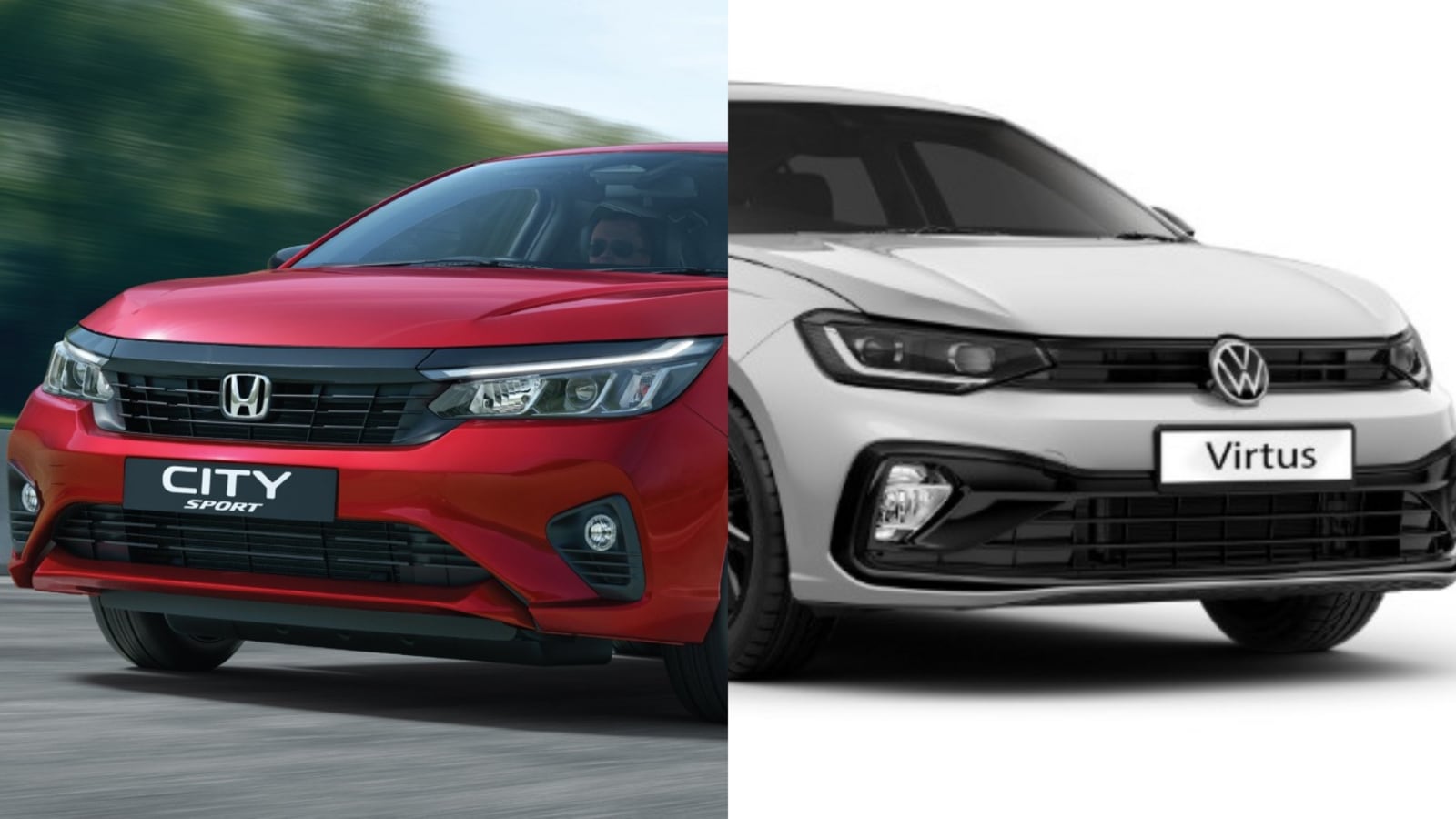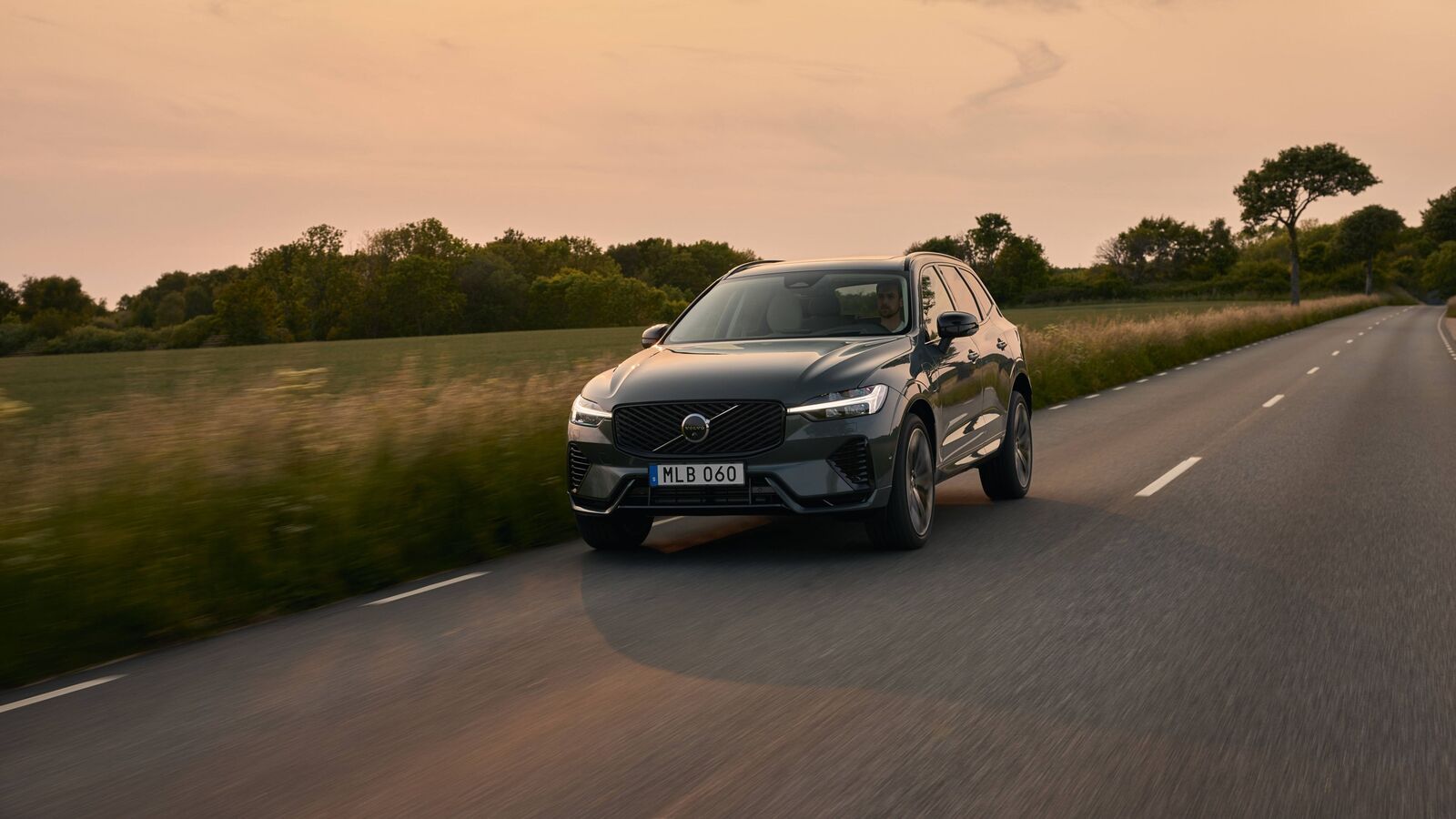“In just the past few years, we have seen historic investments into national EV infrastructure, including the National Electric Vehicle Infrastructure formula program and the Charging and Fueling Infrastructure discretionary grant program, both of which are supported by the joint office,” stated Eric Log, a senior researcher who led the learn about’s analysis workforce.
“At the same time,” he stated, “the study reinforces the notion that we’re going to need to continue to work together — both public and private entities — to build the national network that we’ll need for 2030 and beyond.”
As a part of the “mid-adoption scenario,” the learn about tasks the nationwide charging infrastructure will require 182,000 publicly accessibly fast-charging ports alongside highways and in native communities and 1 million publicly out there Stage 2 charging ports in places similar to place of job structures and shops. An extra 26.8 million Stage 1 and a couple of charging ports could be wanted at personal flats and places of work.
To reach that situation, a cumulative society and personal capital funding of $53 billion to $127 billion in charging infrastructure — together with personal residential charging — could be wanted via 2030, the learn about discovered. For society chargers most effective, the record estimates an funding of $31 billion to $55 billion.
The immense space of possible capital prices is pushed via “variable and evolving equipment and installation costs observed within the industry across charging networks, locations and site designs,” in line with the record.
As of March, an estimated $23.7 billion of capital has been introduced for society charging infrastructure thru 2030, together with from personal companies, the society sector and electrical utilities.
President Joe Biden eager a function of establishing a countrywide community of 500,000 society chargers via 2030. As of Wednesday, there have been 140,755 society charging ports scattered throughout 54,195 station places within the U.S., in line with Power Section information.
“We are on track to achieve President Biden’s visionary goal of 500,000 public chargers, and we will keep going even further by harnessing private investment to meet the nation’s EV charging needs identified in the study,” the White Area stated in a truth sheet discharged Tuesday.
“The Biden-Harris administration remains committed to working with industry and all levels of government to ensure that the pace of investment is sustained in line with the increased demand for EVs.”




